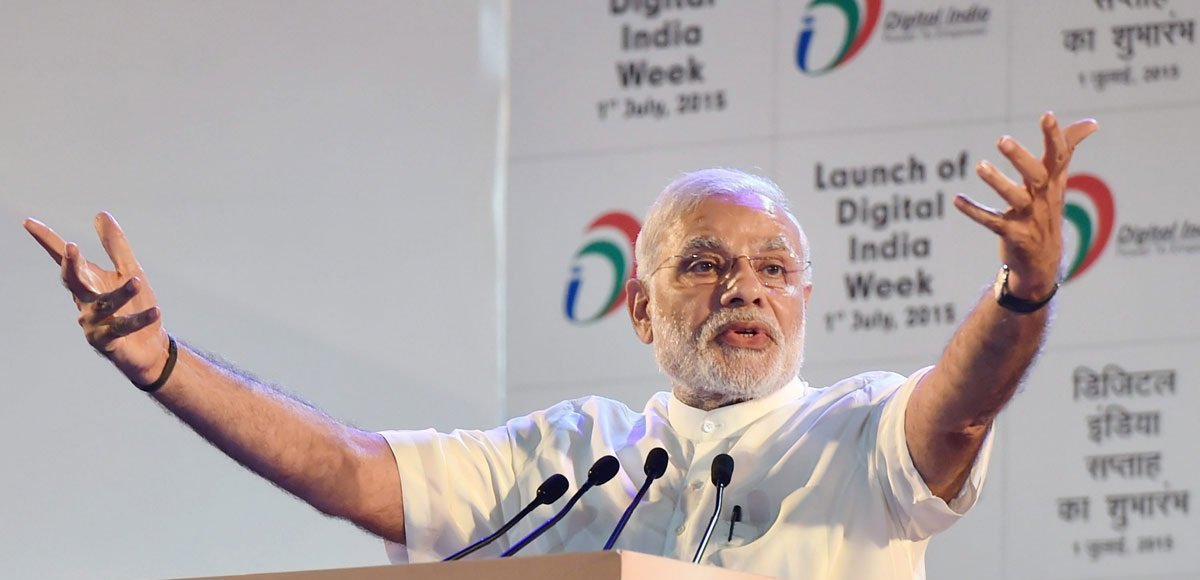From April 1, those dealing in large sums of cash will have to pay a steep price: the central government will impose 100 per cent penalty on such transactions of more than Rs 3 lakh in an attempt discourage them.
Revenue Secretary Hasmukh Adhia said in an interview on Sunday: “Supposing you do a transaction of Rs 4 lakh in cash, then the penalty would be Rs 4 lakh. If you do a transaction of Rs 50 lakh, penalty would be Rs 50 lakh”.
The receiver will pay the penalty. “If someone buys an expensive watch for cash, it is the shopkeeper who will have to pay the tax,” he said.

The measure — an extension of the central government’s November 8 decision to invalidate old notes of Rs 500 and Rs 1000 — is part of the central government’s proposed ban on cash transactions of over Rs 3 lakh that was mooted in Budget 2017-18 to stop “future generations” of unaccounted money from flowing into the financial system.
The curbs will mean that central government will monitor large cash transactions and “avenues of conspicuous consumption through cash” — meaning that unaccounted money spent on holidays or luxury items such cars, watches and jewellery will now be tracked.
The previously notified rule on mandatory showing of PAN cards for cash transactions over Rs 2 lakh stands.
Finance Minister Arun Jaitley had in his Budget for 2017-18 proposed to insert Section 269ST in the Income-Tax Act to state that “no person shall receive an amount of Rs 3 lakh or more by way of cash in aggregate from a person in a day; in respect of a single transaction; or in respect of transactions relating to one event or occasion from a person”.
The restrictions will not apply to the central government, banking institutions, post office savings, or co-operative bank.
Days before Jaitley tabled his Budget, a panel of Chief Ministers headed by Andhra Pradesh Chief Minister Chandrababu Naidu recommended limits on cash transactions and tax on cash payments of over Rs 50,000.

















